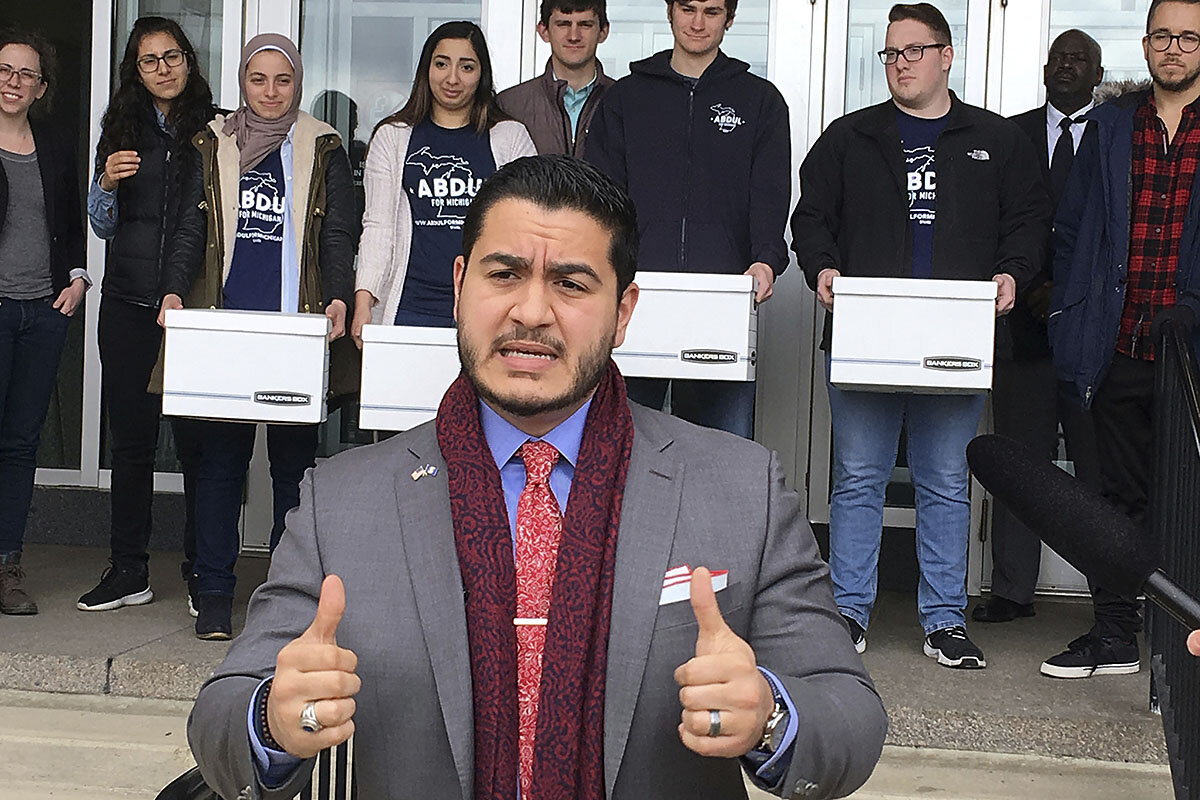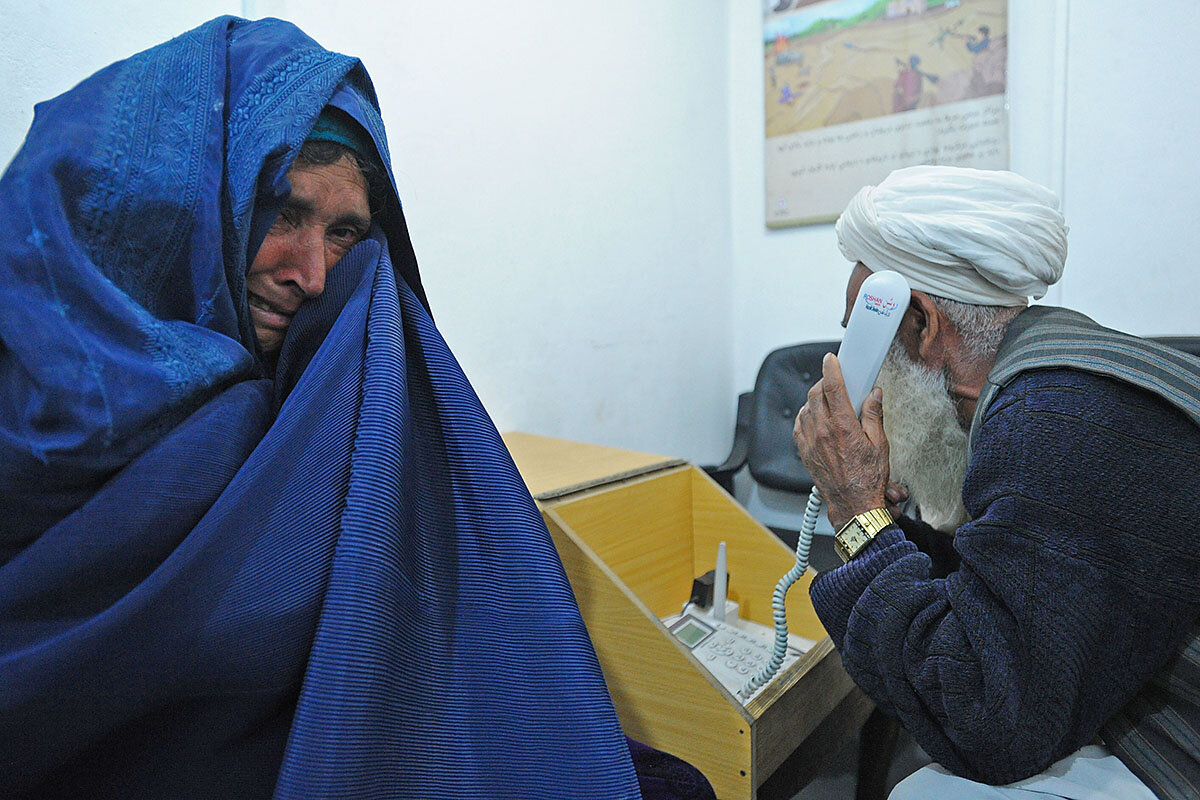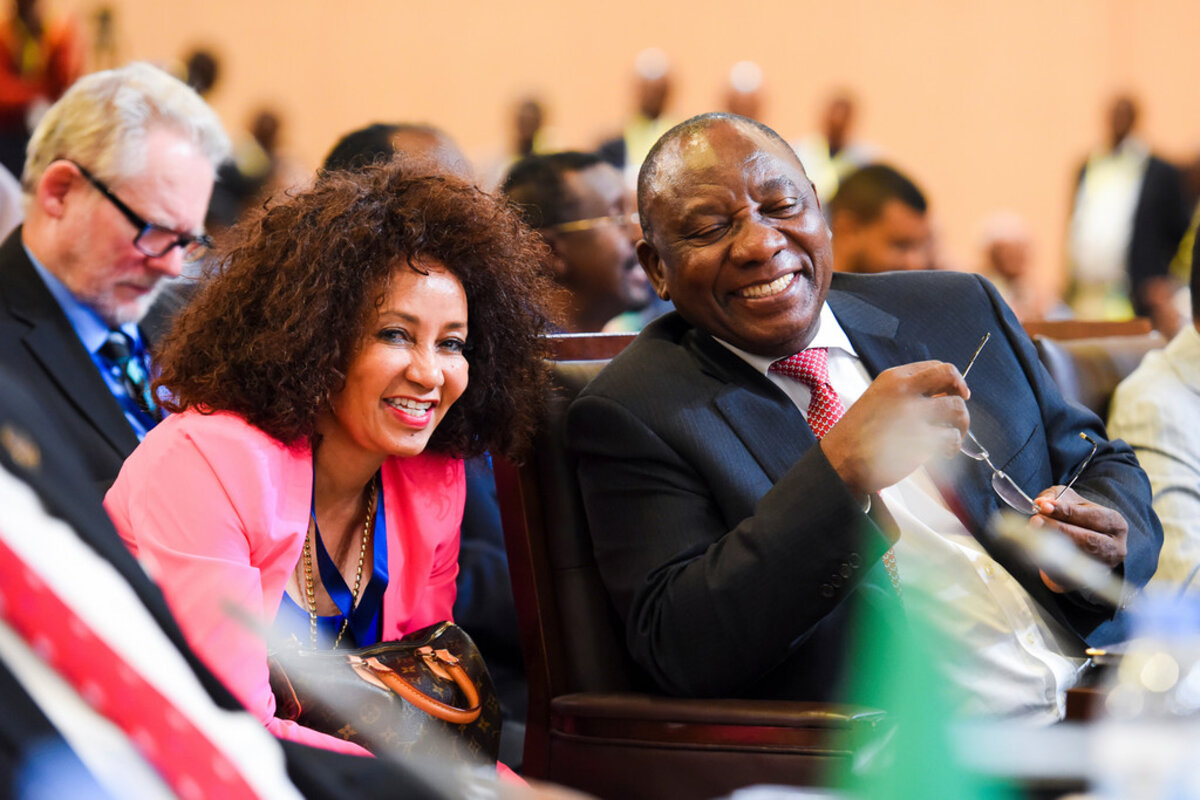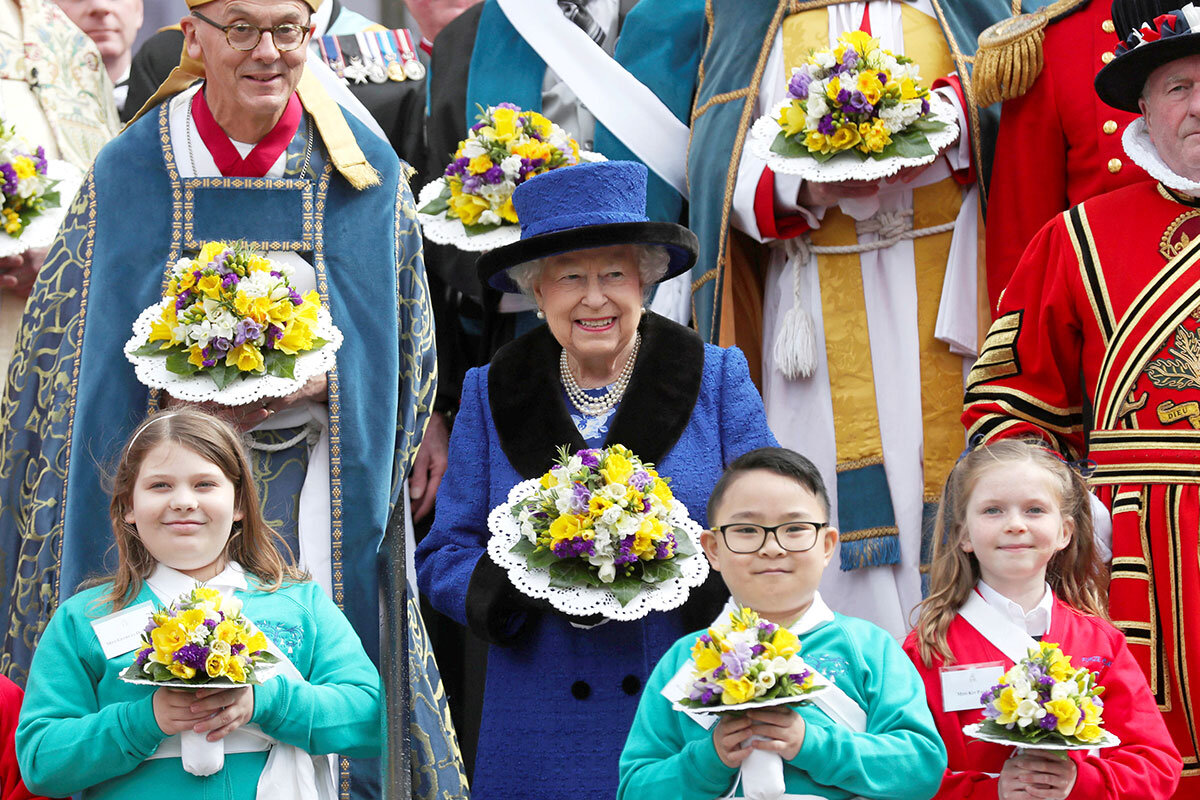What happens when the relief cupboard runs dry? Yesterday, our top story addressed the uncertainty facing Syrians fleeing a besieged Damascus suburb. Today's focus is on refugees from Yemen and on how they're struggling to adapt as they cross into Jordan seeking refuge from an often overlooked conflict.
Monitor Daily Podcast
- Follow us:
- Apple Podcasts
- Spotify
- RSS Feed
- Download
 Kim Campbell
Kim Campbell
Parents in Utah now have the legal right to do something that parents in other states don’t: let their children go places unsupervised.
Starting May 8, mothers and fathers in Utah will not be considered neglectful if they allow capable children to do things alone such as walk to school or a store, play outside, sit in a car (if at least 9 years old), and stay at home.
It might seem as though permitting children to play outside without fear of arrest would be the norm. But in the past five years, parents in Maryland and Florida, for example, have had to answer to law enforcement for letting children walk to parks or play in them by themselves.
Republican state Sen. Lincoln Fillmore – who sponsored Utah’s bill, which the governor signed this month – saw room for rethinking. “We have become so over-the-top when ‘protecting’ children that we are refusing to let them learn the lessons of self-reliance and problem-solving that they will need to be successful as adults,” he said.
Statistically speaking, this is a very safe time for kids. Monitor writer Amanda Paulson reported on that recently, along with this: Children are spending less time outdoors because of misplaced societal fears.
Advocates of self-sufficiency are pushing for everything from riskier playgrounds to more independence for kids – a world that looks more familiar to “free-range” Gen-X parents. As the pendulum in thinking swings, it’s possible that the view of a village raising a child is changing as well.
Here are our five stories for today, highlighting compassion and connection – and, in some cases, instances where more of both is needed.










